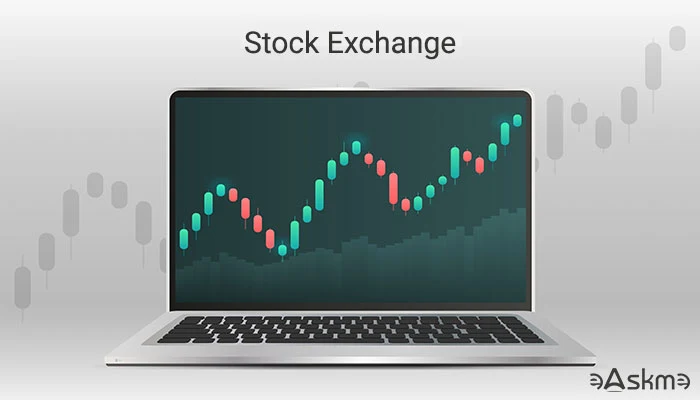An intelligent strategy to gradually increase your wealth is through stock market investing. With proper research and guidance, anyone can learn to do this.
At the same time, for those who are new to the game, it might seem like a difficult task.
Learning how to invest online and selecting a reputable broker are key steps toward achieving this goal.
In this article, we'll examine the critical factors that must be considered when selecting a reliable stock broker online and guide you in choosing the best one.
How to Choose the Optimal Broker?
 |
| How to Choose the Right Trading Platform?: eAskme |
It is important to carefully research and compare as many options as possible when selecting the most suitable service.
When choosing the best trading platform, pay special attention to these things:
- Fees
- Investment options
- User-friendly interface
- Reputation
- Security
Fees:
It is crucial to consider the fees associated with starting to use the platform.
Different brokers can charge vastly different amounts for trading and brokerage account maintenance, so it's important to compare and find the best fit for your budget.
Investment Options:
Keep in mind the investments that align with your interests and goals.
You should ensure that the broker you choose offers those options.
Limiting yourself to a narrow range of investment options can restrict your potential returns, so it's best to find a service that offers a wide range of choices to match your preferences.
User-friendly Interface:
Another important aspect to consider when choosing a broker is the user-friendly interface of the online trading platform.
A web service that is well-designed and easy to use can streamline the process of managing your stocks, significantly save your time, and reduce stress.
As you research brokers, pay attention to the user interface and select one that is intuitive and easy to use.
This way, you can focus on your deals and not on navigating the platform.
Reputation:
It's wise to choose a platform that has a good reputation.
A convenient way to check this is by looking at online reviews, testimonials, and customers' feedback.
With this information, you'll be able to form an opinion about the broker's reputation and make a more informed choice.
Security:
This is also an important factor to consider when selecting a broker.
Make sure the platform uses a high level of security to keep your personal and financial information safe.
Conclusion:
It is always recommended to start with a smaller amount and try a few platforms before depositing a larger amount.
By considering these factors and researching, you can find a broker that best suits your needs and preferences.
Investing in the stock market has become increasingly accessible to the average person thanks to online trading platforms.
However, with so many options available, selecting the right broker for your needs can be challenging.
By considering factors such as the number of fees, investment options, the convenience of the interface, availability of research and education materials, sentiment of reviews, and level of security, you can make a weighted decision and choose the broker that best suits your needs.
Always research, and don't be afraid to try out different platforms before committing to one.
If you still have any question, feel free to ask me via comments.
If you find this article interesting, don’t forget to share it on Facebook, or Twitter with your friends and family.
Don't forget to like us FB and join the eAskme newsletter to stay tuned with us.
Other Handpicked Article for You:














